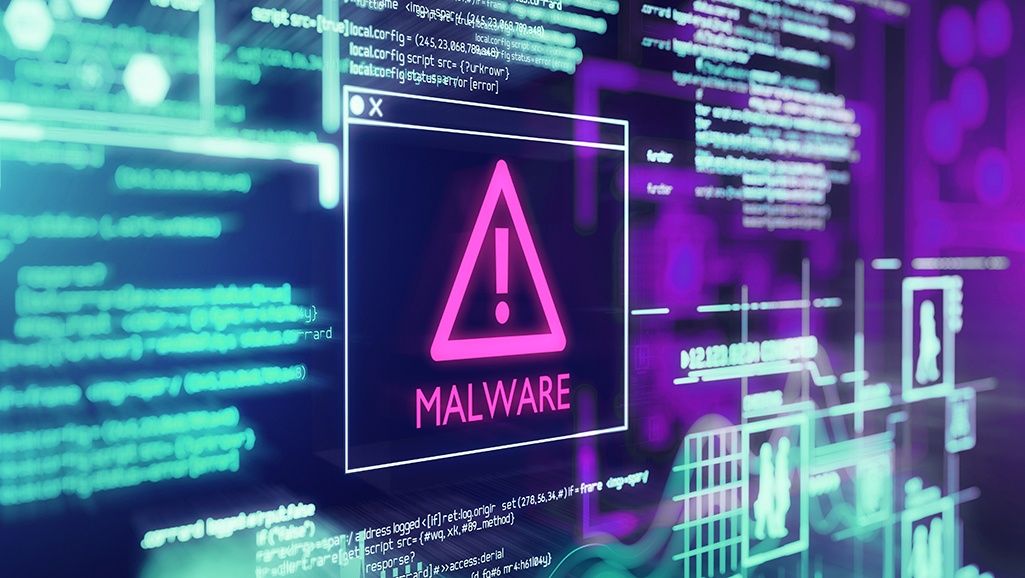What is the distinction between malware, spyware, virus, worm,..؟?
Many PC users believe malware, viruses, spyware, adware, worms, trojans, and so on to be one thing. Although all of these infections harm our computers, it should be mentioned that they are not the same; They are all different kinds of malware that display other behaviors.
The word malware is a mixture of the two words, bad and software. It is a general term used to describe all hostile and substandard computer code, including viruses, spyware, worms, trojans, or anything designed to perform malicious computer operations. To accept.
The meaning of many of these words has varied over time. Some of them guide to how your system is contaminated with malware, while others are used to represent the malware’s performance after it is activated in your system.
Methods of system infection/malware entry
When we are trying to design better software to clean your computer from malware, we are mainly curious about understanding how the malware and spyware joined your system and how it works. The malware in question typically falls into one of the following categories.
- Virus
- Worm
- Trojan
- Drive-by download
Virus
The term was commonly used, and any malware was considered a virus. But today, we use the general term malware. The term virus represents a program that begins to multiply after attaching itself to a program running in a Windows environment.
Trojan
Software that you thought was something special but is malware. This type of malware is based on the legend of the Trojan horse, which seemed to be a gift but was full of enemy soldiers.
Drive-by download
This type of malware is likely the most popular way to import harmful software into your computer. This occurs most of the time due to visiting a malicious web page. That webpage exploits your browser vulnerabilities and infects your system.
What malware does?
Once malware enters your system, it can do many different things. Sometimes, the malware tries to repeat itself and is not harmed, but it can do dangerous things in other cases.
- Adware
- Spyware
- Ransomware
- Scareware
Adware
These categories are not malware and rarely log in using the methods defined in the previous paragraph. Banner software is software that utilizes a particular form of sending ads. Sometimes ads getting into your system can be tricky because they can follow your activities or share more information about you with the developers. Most of the time, when you install the software that comes with the adware, you decide that the adware will follow your activities as well. In available, by deleting this leading software to which the adware was connected, you can also delete the adware itself.
Spyware
There is software that monitors your computer and provides the gathered information to the group interested in it. This kind of malware can be benign and only give designers the web pages you visit, or they can be very aggressive and transfer everything you do through your mouse and keyboard to them.
Ransomware
Such software has newly become a popular way to earn money among cybercriminals. This malware alters your system so that you can no longer typically access it. You will then be given a page to ask for a sum of money in various forms to unlock your computer. In fact, in this case, the cybercriminal is asking you for a ransom to mend access to the system.
Scareware
Software that seems completely legal (usually a disguise as a tool to fix computer problems), but when it runs, it tells you that your system is contaminated or has a problem in some way. This message is usually sent in a way that can scare you into doing what the malware wants you to do. The software claims that it can solve your problem if you pay them. Rogue software refers to rogue software – such as rogue antivirus.
Some malware penetrates your system and does not seem to do anything. Such software may not have apparent symptoms. But this malware has infected your computer along with several other computers and created a “botnet.” A cybercriminal can run this botnet to perform various tasks such as importing spam or attacking Internet sites. Cybercriminals do not want to do anything directly that can be attributed to them, so they use botnets to do illegal activities for them.
Conclusion
You will sometimes hear the term “rootkit” or “bootkit” used to describe a particular kind of malware. These terms commonly refer to malware’s conceal inside Windows and stop detection.
You can use an assortment of these words to explain any new malware. Malware such as Tidserv / Alureon enters your system using an unwanted download. When the malware penetrates the system, it creates a bootkit to start running before Windows boils down and constructs a worm-like program that uses the rootkit method to hide. When Windows came up, the malware could act as spyware, or it could take over many Windows applications to perform a combination of tasks – from displaying ad messages on a computer screen to Making it possible for someone else to control your computer remotely.
Source:https://mediasoft.ir/%d9%81%d8%b1%d9%82-%d8%a8%d8%af%d8%a7%d9%81%d8%b2%d8%a7%d8%b1%d8%8c-%d8%ac%d8%a7%d8%b3%d9%88%d8%b3-%d8%a7%d9%81%d8%b2%d8%a7%d8%b1-%d8%8c-%d9%88%db%8c%d8%b1%d9%88%d8%b3%d8%8c-%da%a9%d8%b1%d9%85%d8%8c/

